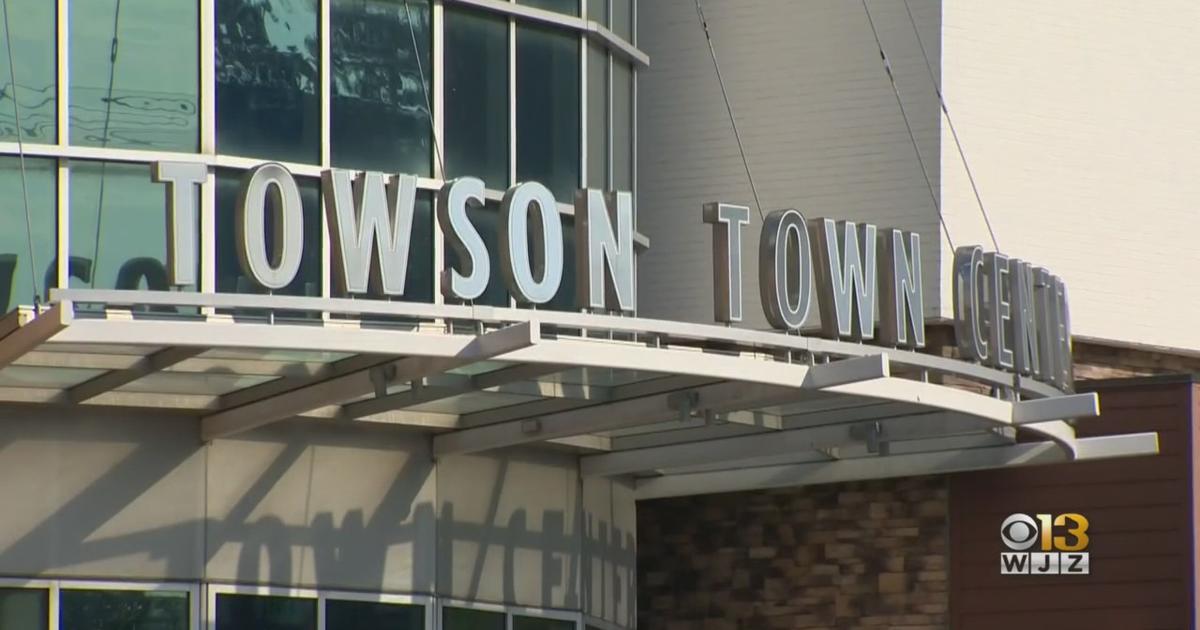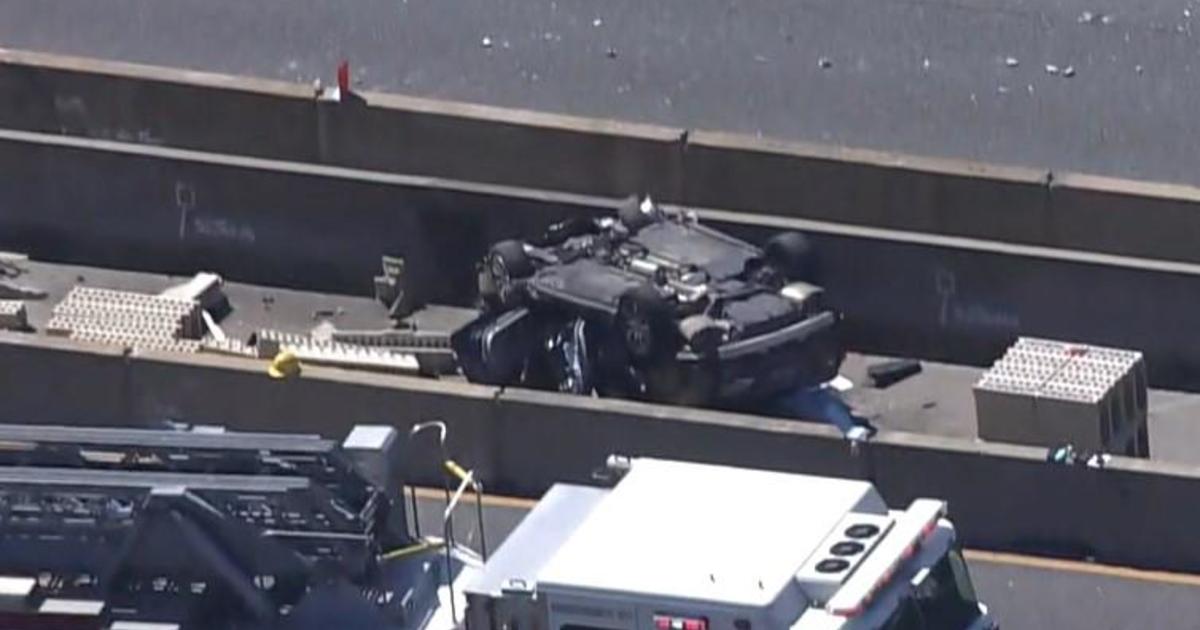Center Helps Soldier Ease Into Civilian Work Force
By BEN WEATHERS
The Capital of Annapolis
FORT MEADE, Md. (AP) -- For Army Sgt. Theodore Jones, the military is like a drug - one that's hard to kick.
Jones, 34, has been in the military for all of his adult life. But after a deployment to Iraq in 2007, Jones returned with wounds harder to detect than scars or missing limbs.
After Jones was diagnosed with severe post-traumatic stress disorder, the Army decided that he was no longer fit for service. Now, after 16 years, his military career is coming to an end and Jones is about to begin a new life.
"I'm slowly trying to wean myself off of military service," Jones said. "I think it's time for me to get out. It's hard for me to give that up."
For those like Jones, leaving the military can be a scary thought. But there is help.
The Soldier and Family Assistance Center at Fort George G. Meade helps soldiers like Jones find jobs and further their educations. The center's staff consists of four ex-service members who help soldiers write resumes, prepare for interviews and find scholarships.
Last month, staff members helped organize their first job fair specifically for wounded veterans. About 80 employers participated.
Nationwide, unemployment among veterans is 8.3 percent, according to the U.S. Bureau of Labor. In Maryland, that percentage is estimated at 5.3.
There are myriad opportunities for soldiers hoping to slip back into the civilian work force, but finding them can be an overwhelming task, said Mark Stoessel, director of the assistance center.
For Stoessel, the center's mission is simple - giving soldiers the tools they need to prevent unemployment, homelessness or worse. The state estimates there are some 4,000 homeless veterans in
Maryland.
"There's so many things out there for them, but it's so hard to figure them all out," Stoessel said. "That's what we're trying to do - to help them transition back into civilian life."
------
Life in transition
Next month, the assistance center will celebrate its one-year anniversary at its own building.
The program launched in February 2008 in the Army Community Services building at Fort Meade. But more space was needed for the services the center provides, Stoessel said.
"Before the building opened last year, we were begging for room all over the base," Stoessel said.
The number of soldiers receiving assistance at the center averages between 175 to 185 at any given time, Stoessel said.
The soldiers who come to the center for help are in the Warrior in Transition Unit, a command for soldiers waiting for the Army Medical Evaluation Board to decide whether they're still fit to
serve.
For some of those soldiers, the wounds are physical. For others, they are not.
Many, like Jones, suffer from post-traumatic stress.
Jones had become prone to violence. He said that shortly before coming to Fort Meade, he held a knife to the throat of a fellow soldier after the man grabbed his arm.
It wasn't until after Jones arrived that he realized he needed help. The realization came, he said, when he followed a motorist home one day off the post after the man cut him off in traffic.
"That's when I knew I had a problem," Jones said.
He said the thought of leaving the military was difficult to come to terms with.
"When I got here . I didn't want to talk to anybody," Jones said. "The only thing I cared about was getting back to the fight."
Through the center, Jones eventually landed an internship with software developer Praxis Engineering. The married father of three hopes to enroll in an adult study program at Wilmington University, near his family home in Delaware.
He hopes to continue working for the software developer while taking classes in psychology, eventually offering help to soldiers like himself.
"I know from being here, I can help a lot of soldiers," he said.
------
New beginning
Like Jones, Staff Sgt. Jessie White also is preparing for a life after the Army.
The married father of three travels 50 miles from his house in Bel Air to the assistance center every day.
"This is my home away from home. I'm here at least once a day," White said.
White's 17-year-old son sometimes accompanies him. The center also provides services to family members, including helping spouses find jobs.
"Everything we do is available to the family," Stoessel said. "It's a healing process and the family is part of that healing."
In addition to helping soldiers find employment and scholarships, the center does the same for spouses.
White came to the center last June after spending a year and a half at Walter Reed Army Medical Center.
In Iraq, an improvised explosive device shattered White's right ankle, resulting in multiple operations. He also suffered a traumatic brain injury that affected his memory.
Like Jones, the news that he was no longer fit for service was hard to swallow.
White said that when a counselor at the center asked him what he would want to do after he left the Army, he drew a blank.
"I said, `I've been in the Army 17 years. I don't know anything else,' "White said.
That was when the counselor first raised the possibility of White going to college.
White wasn't sure at first what he wanted to study, but the center helped nurture his lifelong interest in sports. It offers a number of classes and recreational programs.
White, a self-described "sports nut," began participating in games such as wheelchair basketball and sled hockey. An avid bow hunter, he also took up archery.
Last year, he was asked to participate in the Army's Warrior Games, at which he won two gold medals and one silver.
He also enrolled in a community college, where he is now in his third semester.
White hopes to transfer to Towson University and become a physical education teacher. He teaches an archery class on the post every Tuesday and Thursday.
White believes he wouldn't have enrolled in college without the center.
"I never expected to go to college. . I never went to school - that's the last thing I ever thought of," he said. "I couldn't have done it without them."
Jones goes further.
If it wasn't for the center, Jones said, he likely would have taken his own life.
"I'd probably be dead," he said.
Information from: The Capital of Annapolis, Md., http://www.hometownannapolis.com/
(Copyright 2011 by The Associated Press. All Rights Reserved.)



